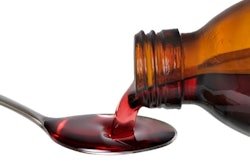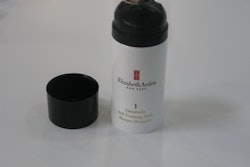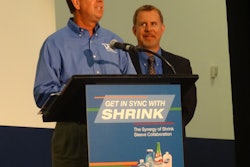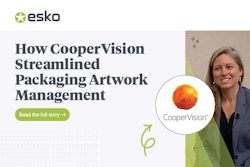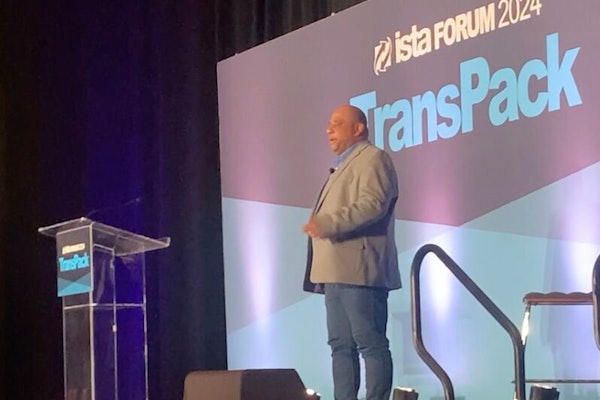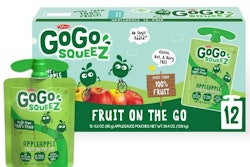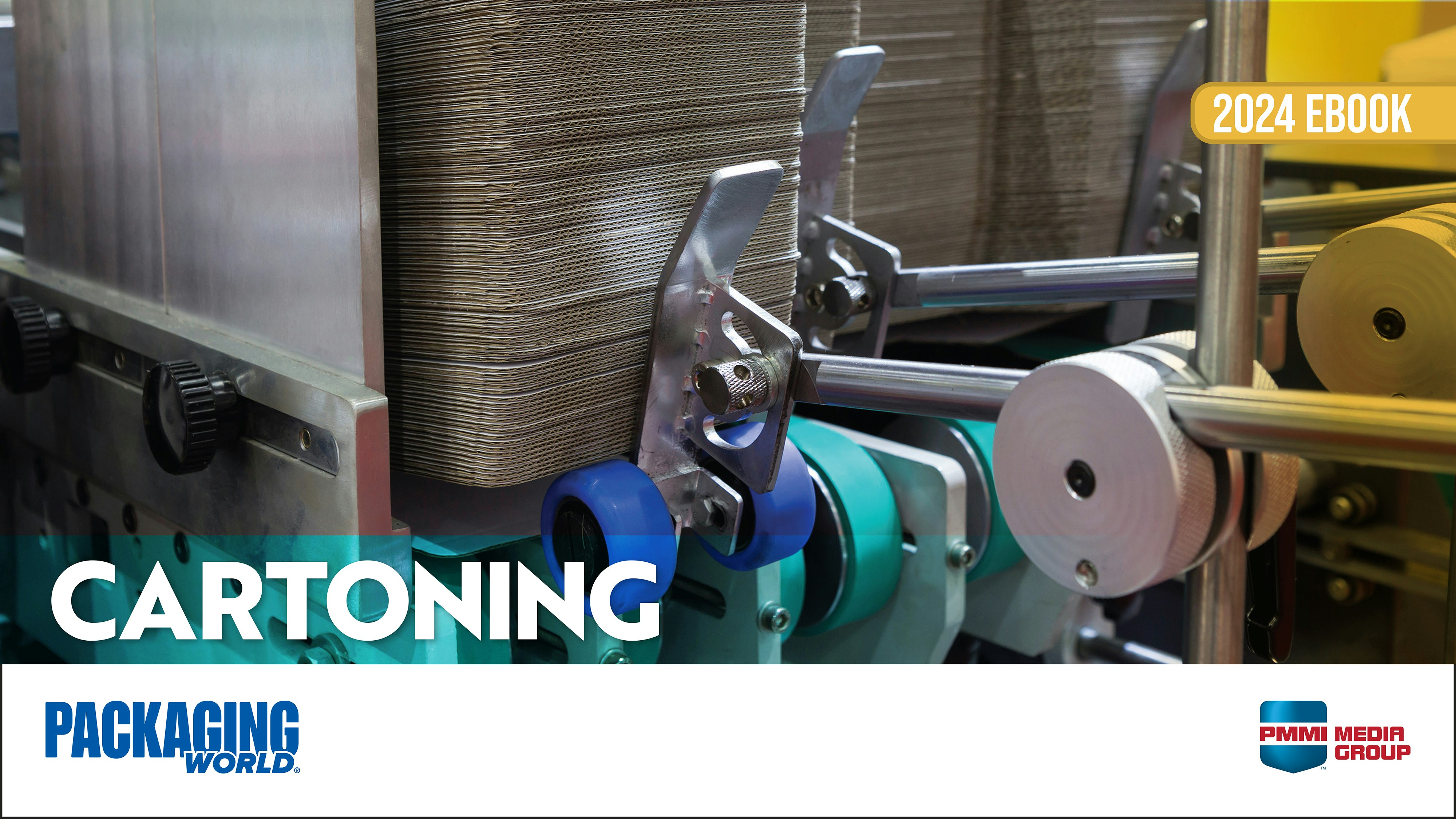NYTimes.com reported May 8 that, “The Kellogg Company, maker of some of the country’s most familiar breakfast cereals, said that it had agreed to drop the terms ‘all natural’ and ‘nothing artificial’ from some products in its Kashi line as part of a settlement agreement ending a class-action lawsuit.
“Plaintiffs in the lawsuit, filed in 2011 in California, said the company used those terms on Kashi products that contained ingredients like pyridoxine hydrochloride, calcium pantothenate, and soy oil processed using hexane, a component of gasoline.
“Such ingredients occur naturally—wheat germ and flaxseed are sources of pyridoxine hydrochloride, for example—but food companies, as well as makers of vitamins, often use synthetic versions to control costs and ensure consistent supplies.”
Asked to comment on the matter, Kellogg Company Spokesperson Kris Charles said, “Kashi and Bear Naked provide comprehensive information about our foods to enable people to make well-informed choices. We stand behind our advertising and labeling practices.
“Per the terms of our agreement, we will make the decision to change our formulas or our labels by end of the year, while continuing to ensure our foods meet our high quality and nutrition standards, and deliver the great taste people expect.”
As background, NYTimes.com noted, “The settlement, which includes a $5 million payment, comes at a time when food companies are facing a number of lawsuits over ingredients and labeling.
“Kellogg also settled a similar lawsuit over its Bear Naked brand for $325,000.”
On an FDA website page entitled, “What is the meaning of ‘natural’ on the label of food?” the agency says: “From a food science perspective, it is difficult to define a food product that is 'natural' because the food has probably been processed and is no longer the product of the earth. That said, FDA has not developed a definition for use of the term natural or its derivatives. However, the agency has not objected to the use of the term if the food does not contain added color, artificial flavors, or synthetic substances.”
Packaging World Contributing Editor and Attorney-at-Law Eric Greenberg commented on the issue: “Leaving aside the merits of the underlying claims, the resolution of this matter provides another reminder of the significant effects that civil suits over labeling continue to have on food companies.”
Battle Creek, MI-based Kellogg Company provides an online Fact Sheet that notes, “With 2103 sales of $14.8 billion, Kellogg Company is the world’s leading cereal company; second largest producer of cookies, crackers, and savory snacks; and a leading North American frozen foods company.”
